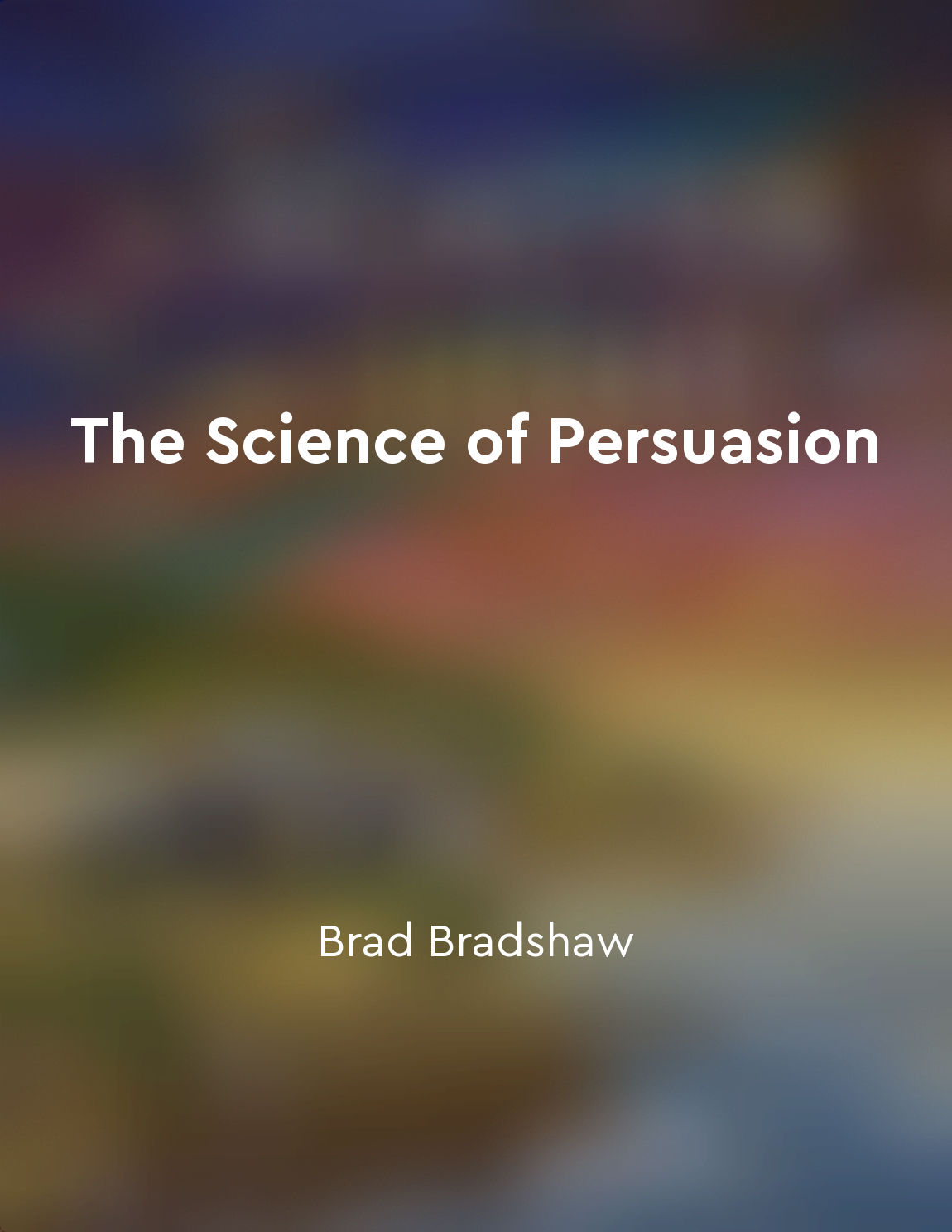Audio available in app
Use the "accusation audit" to address concerns before they arise from "summary" of Never Split the Difference by Chris Voss,Tahl Raz
When dealing with potential concerns or objections, it's crucial to take a proactive approach. One effective strategy to tackle this is known as the "accusation audit". This technique involves addressing any possible accusations or concerns before they are even brought up by the other party. By doing so, you can demonstrate empathy, understanding, and a willingness to address any issues head-on. The key to a successful accusation audit lies in anticipating the other party's point of view. Put yourself in their shoes and think about what objections or concerns they might raise. By acknowledging these potential accusations upfront, you can diffuse tension and show that you are prepared to address any issues that may arise. When employing the accusation audit, it's essential to approach the conversation with a genuine desire to understand the other party's perspective. Listen actively to their concerns and validate their feelings before offering your own perspective. This approach can help build rapport and trust, paving the way for a more productive negotiation process.- You can proactively address concerns, build rapport, and demonstrate empathy towards the other party. This technique can help create a more collaborative and constructive negotiation environment, ultimately leading to better outcomes for all parties involved. So, next time you find yourself in a negotiation situation, consider employing the accusation audit to address concerns before they arise.
Similar Posts
Understanding human behavior is crucial for effective influence
To effectively influence others, it is essential to have a deep understanding of human behavior. People are complex beings with...
Prioritize selfcare over people-pleasing
When it comes to self-care, it's crucial to remember that putting yourself first is not selfish. In fact, it's essential for yo...

Being genuine is key to persuasive communication
Persuasive communication is a powerful tool that can be used to influence others and achieve desired outcomes. However, in orde...
Recognize the power of body language
Understanding the power of body language is crucial in the art of influencing people. Our body language speaks volumes about ou...
Seek feedback from customers to improve your sales process
One of the key strategies for improving your sales process is to actively seek feedback from your customers. By gathering insig...

Encourage a culture of honest and open communication
Creating an environment where honesty and open communication are encouraged is crucial for building trust and fostering healthy...

Recognize your own communication style to better understand others
Understanding your own communication style is crucial when it comes to interacting with others. By recognizing how you naturall...
Be aware of cultural differences in communication
When communicating with people from different cultures, it is important to remember that not everyone shares the same communica...
Create a safe space for open dialogue
Creating a safe space for open dialogue is essential in any relationship. When we feel safe, respected, and heard, we are more ...
Developing emotional intelligence can help protect against manipulation
Emotional intelligence is a crucial skill that can serve as a shield against manipulation tactics. When you are emotionally int...


